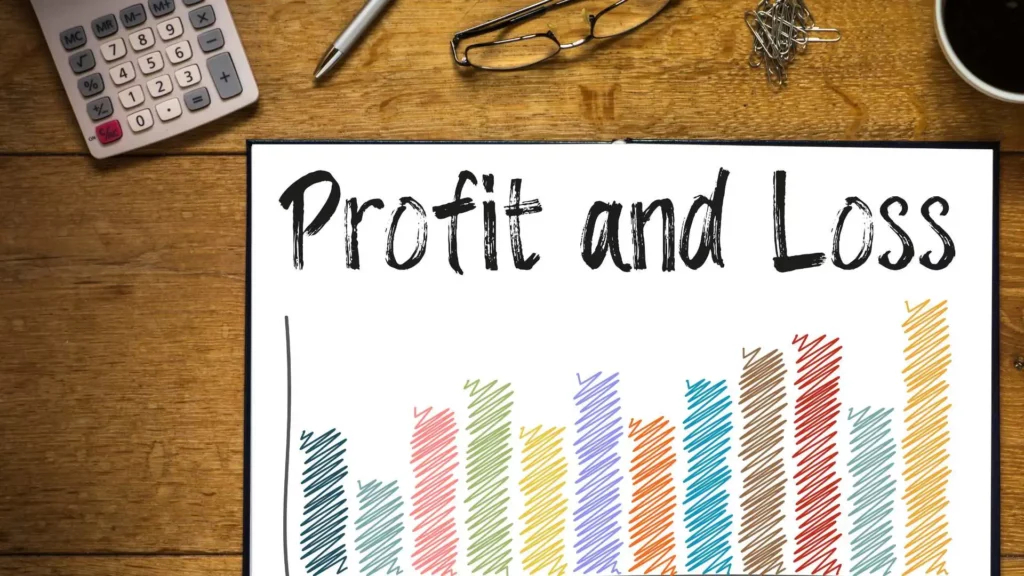When building your emergency kit on a budget, here are the pointers you need to keep in mind to have everything you require in an emergency. Being prepared for a natural disaster doesn’t have to be expensive. There are several families with emergency kits worth more than $200 with items they would never use. Here are some tips to create an emergency survival kit that’s perfect for your family and is well within your budget.
Basics for emergencies
The basics are batteries, bottled water and instant canned food. If you don’t have any of those, you must stock them up soon. Essentials should include water, non-perishable food, batteries, clothes, blankets, flashlights and medicine. Set aside emergency funds every month that can be used during a disaster.
If you live in an apartment, you don’t have to worry about cleaning up during the aftermath. But if you’re a homeowner, you might have to spend hours cleaning up the yards.
You can either keep the tools and supplies with you or borrow them during natural disasters — you can see what equipment your neighbors have and then team up during cleanup. Common chain saws, clippers, shovels, etc will be enough in the aftermath.
It’s necessary to understand your house, the setup, and design your emergency kit accordingly — your list should include everyone in the family: What will the kids need? What will the elders need?
Essentials on a budget
Accessories like cell phone chargers, cash, laptops, etc. will keep your devices connected with others and also help you get updates or help from the internet. It’s advisable to keep them somewhere where you can find them in a minute so that you don’t miss out on gadgets and accessories necessary during an evacuation.
During natural disasters, you must protect yourself from infectious diseases. Try to get municipal drinking water treated with water purification tablets. Never use old milk cartons even if you are in a hurry as they can be highly infectious. In fact, it’s better to replace your water bottles every four months.
If you don’t have to evacuate and can stay at home, you may not get water during blizzards and tropical storms. For taking baths and flushing toilets, you can store water in a bathtub by filling it with cold water whenever the news reports about an upcoming storm.
The Centers for Disease Control and Prevention (CDC) suggests storing at least one gallon of water for each person a day for drinking and sanitation purposes. To be on the safer side, you can have a supply for two weeks or more.
Non-perishables
Non-perishable food items are most helpful during disasters. You can stock up on cereal, granola bars, peanut butter, dried fruit and nuts, canned juice and non-perishable pasteurized milk.
You can get into the habit of setting aside an item for your emergency kit whenever you get something extra because of an offer, just like saving an emergency fund. Once again, you must think about babies and senior citizens as they might need a special diet. Keep checking the federal government’s www.ready.gov website for timely help during disaster preparation.
First aid
First aid essentials like bandages, gauze, tweezers, antiseptic cream and painkillers like ibuprofen or acetaminophen should always be around your house. These are basic essentials when preparing your emergency kit on a budget.
You can either get a first-aid kit directly from the store or buy individual items to create your own first-aid kit. Purchasing each item will be cheaper overall at the dollar store, Walgreens or CVS. You can Include an antihistamine as well.
Keep a first-aid kit at home and another handy one in the car. The one in the car will be there when you can’t carry the one at home during evacuation.
What to buy?
Include flashlights and portable cell phone chargers. Don’t forget to keep them all charged. Get the Fix-a-Flat aerosol that will temporarily patch a flat tire. It’ll be life-saving if your tire is punctured during evacuation. These are crucial when planning your emergency kit on a budget.
If your nearby store comes up with a frequent Buy One Get One offer, get into the habit of stocking up your emergency kit. Try assigning the extra item to your kit every time you go shopping. Or you can buy them in large quantities. Toilet paper, paper towels, canned goods, personal hygiene, batteries and bottled water get a price cut when you buy them in bulk.
Though some states have laws that don’t allow price hikes during disasters, it’s better for you to be prepared ahead as essentials quickly run out of stocks. Meanwhile, here’s how you can set up a rainy day fund for emergencies. Also find tips on how to protect your finances during natural disasters.
Important documents
Most of us never consider personal documents to be part of the emergency kit. If you keep your birth certificate or social security card in your basement, it’s unlikely that you will take it when you evacuate or get it back if your area is inundated with floods.
It’s always safer to keep your original copies of important personal documents away from your house, like a safety deposit box at the bank. You must also have the electronic version or at least backup copies on a flash drive or the cloud.
Which document is important?
Here are some important documents you would need to keep safe as they will be required at important junctures and government offices.
- Birth, marriage, adoption and death certificates.
- Medical records. This will include a health insurance card, regularly used prescription information and contacts of your health providers.
- Passport, social security card and driver’s license.
- Home and car title, mortgage papers, etc.
- Personal documents like letters, photos and records of important events.
Where to keep these?
Apart from keeping them in a safety deposit box at a bank, you should scan these documents and upload them to your cloud. Here are some popularly used cloud storages:
- Google Drive
- Dropbox
- Microsoft OneDrive
- Amazon Cloud Drive
- IDrive
Most of the above services offer a certain amount of limited storage for free. You can pay for more space if you need it. Don’t forget to create a secure password that cannot be guessed easily, as these documents contain personal and sensitive information. You can also digitize old photos to keep them in your cloud storage so that you don’t lose them.
Since cloud technology is always vulnerable to hackers, change your password often or use a computer-generated secure password that is complex. And don’t forget the password. However, nowadays, it’s easy to reset your password in case you forget it. A reset link will be sent to your registered email or mobile number.
Important phone numbers
Most of us may not remember the phone numbers of everyone by memory, except those of our spouses or parents. If your cell phone battery dies, you will not be able to reach anyone. It’s better to have a handwritten list of important phone numbers of your friends, family and government organizations.




















